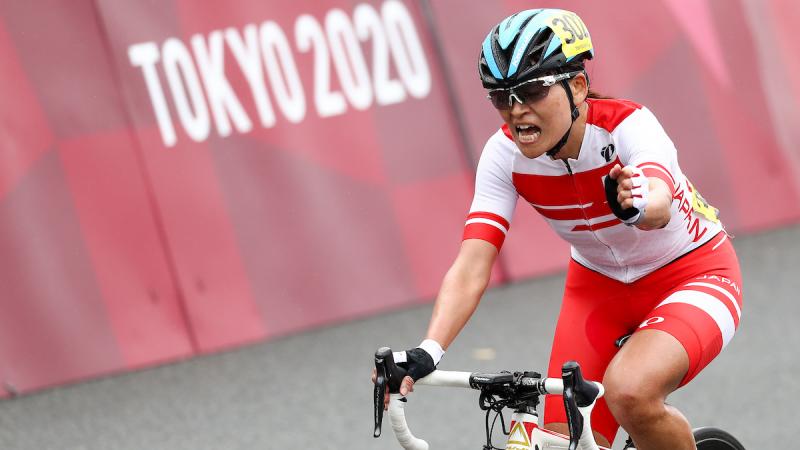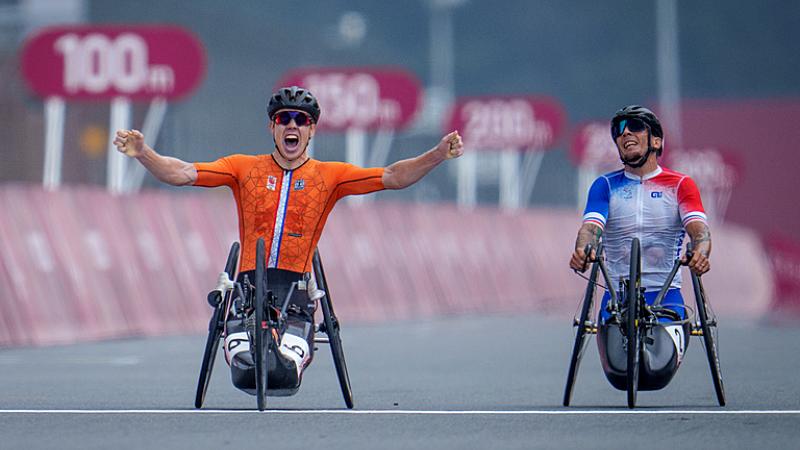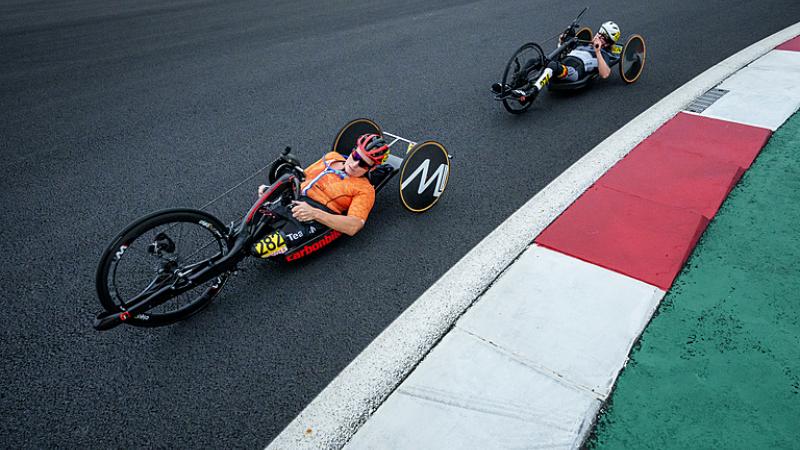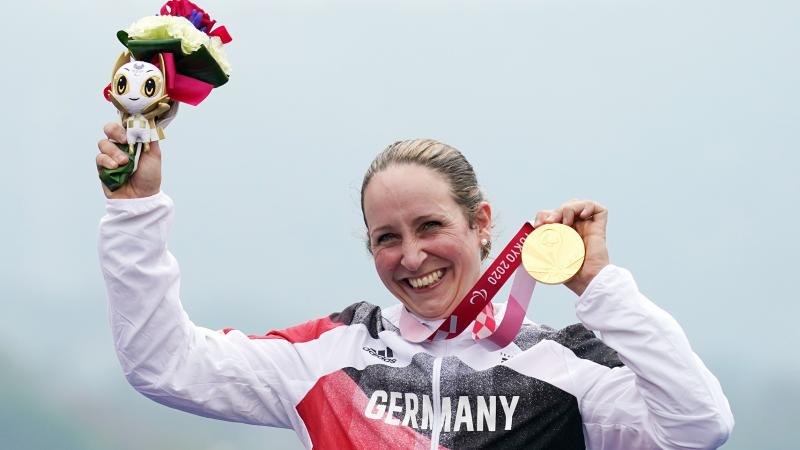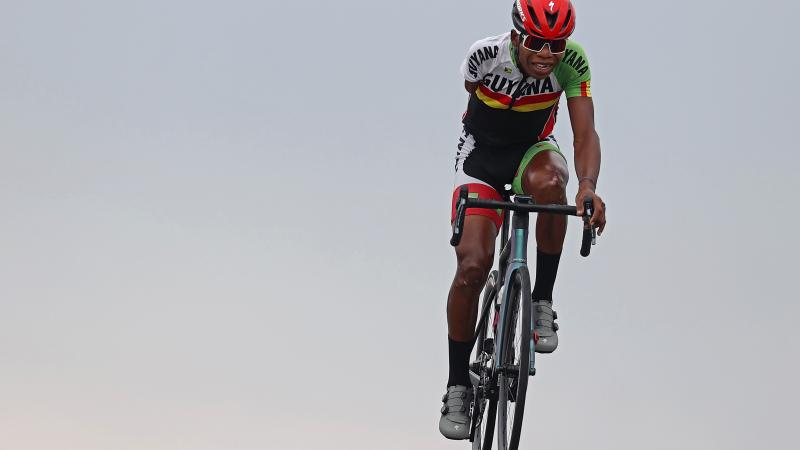Tokyo 2020: Takeaways from Para cycling
Takeaways from the track and road, and a forecast for Paris 2024 21 Sep 2021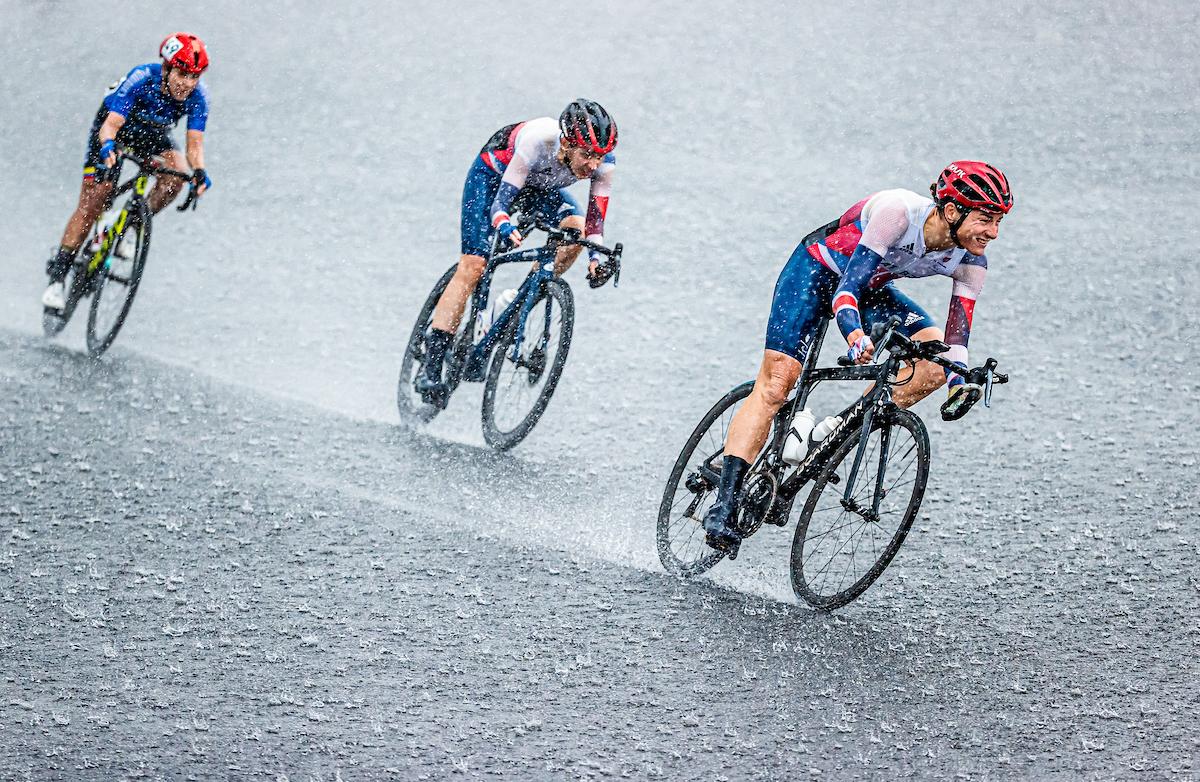
A plethora of storylines can be deduced from Para cycling at Tokyo 2020, especially with 51 total medals events (34 road, 17 track) unfolding at the Izu Velodrome and Fuji Speedway International. Here are the main takeaways from all the action:
1. THE NEXT TRACK CYCLING GENERATION
A new wave of Para track cyclists took the Izu Velodrome by storm and will give plenty to look forward to at Paris 2024.
Leading the way was Australia’s Paige Greco, a 24-year-old who lived up to expectations at her Paralympic Games debut by winning the individual pursuit C1-3 in a world record time (3:50.815). The Australian first displayed her abilities at the 2019 World Championships, where she won gold in the event and successfully defended her title the following year. With the COVID-19 pandemic holding her back from international competitions, not much was known how she would perform on the Paralympic stage. But the unknown did not seem to matter.
Her compatriot Amanda Reid, 24, also joined the top of the podium in her specialty event - time trial C1-3. With more experience following Rio 2016, Reid seems to have found her form and will continue pushing Greco in the class.
More is expected to come on the track from France’s 20-year-old Alexandre Leaute (gold, individual pursuit C2; silver time trial C1-3) and 23-year-old Dorian Foulon (gold, individual pursuit C5); and the Netherlands’ 23-year-old Tristan Bangma (gold, individual pursuit B).
2. STILL LEGENDARY
While a new generation is on the rise, Sarah Storey and Jozef Metelka made sure their names have not been forgotten. Slovakia’s multiple Paralympic and World Champion Metelka held onto his individual pursuit C4 title from Rio 2016. He was able to retain the bronze in an ultra-competitive time trial C4-5 event, thus making it to the podium in most of his events since 2014.
Storey, 43, added to her legacy by winning three gold medals (one on the track, two on the road) to bring her total Paralympic gold count to 17. Uncontested in the women’s C5 category, the Brit showed she can maintain her form and competitiveness time and again.
3. THE ROAD CHALLENGE
The road discipline presented uncontrollable challenges that Para cyclists needed to cope with – torrential rain during the road races; a hilly, technical course from the Fuji Speedway International; equipment issues; and luck. Such is the nature of the sport.
Rising talent Leaute was leading the way in the men’s time trial C2, looking to add another gold from the track. But equipment issues cost him valuable minutes to repair and eventually a shot at the gold. He still made up time to take the bronze, behind Paralympic Champion Darren Hicks of Australia.
The story was similar for the USA’s Alicia Dana in the women’s time trial H3, but she did not make the podium. Still, it motivated her to fight in the road race and secure a bronze.
Rain picked up in the last two days of road race action, with multiple DNFs (Did Not Finish) across the categories. But stars who were able to weather through and celebrate with picturesque photos crossing the finish line included Germany’s Jana Majunke (T1-2), China’s Chen Jianxin (T1-2), Great Britain’s Bejamin Watson (C1-3) and Storey (C4-5).
4. ATHLETIC VERSATILITY
Para cyclists have displayed transferrable skills from other Para sports, and some have been able to adapt their successes from one podium to the next.
The USA’s Oksana Masters was successful in both the road race (H5) and time trial (H4-5) in Tokyo for her first summer Paralympic sport gold medals in three tries. It followed after her success from PyeongChang 2018, when she won a pair of titles in Nordic skiing in her second Winter Games.
The Netherlands' Jennette Jansen and Germany’s Annika Zeyen both competed in athletics and wheelchair basketball before handcycling. Already Paralympic champions in their previous sports, the duo added cycling to their collection – with Jansen winning the road race H3-4 category and Zeyen the time trial H3.
Both Jetze Plat and George Peasgood doubled up in Tokyo. After successfully defending his Para triathlon title from Rio 2016, Dutchman Plat owned the H4 category in cycling by winning a pair of titles – his first in cycling after three Games. Great Britain’s Peasgood captured a silver in triathlon and recovered in time to finish with bronze in the time trial C4.
5. AGE TO THE ADVANTAGE
Japan’s Keiko Sugiura thought about retiring when she learned the Games would be postponed. She did not think at 50, she could compete. But she proved herself wrong, winning both the time trial and road races C1-3.
Jansen, at 53, won the road race and took bronze in the time trail. The Dutchwoman credited her achievement to her 'engine', the endurance she has been building up over the years to withstand, especially the longer distance races.
Austria’s Walter Ablinger also came away with a pair of medals in road cycling, winning the time trial and third in the road race H3 categories. Since his accident in 1999, the 52-year-old had been competing in endurance sports since. He had last won a Paralympic gold in the road race in 2012 and the following year became a World Champion. In Tokyo, he found himself on top of the world again, proving age and experience are advantages, not disadvantages in the sport.

 Facebook
Facebook
 Instagram
Instagram
 Twitter
Twitter
 Youtube
Youtube
 TikTok
TikTok
 Newsletter Subscribe
Newsletter Subscribe





